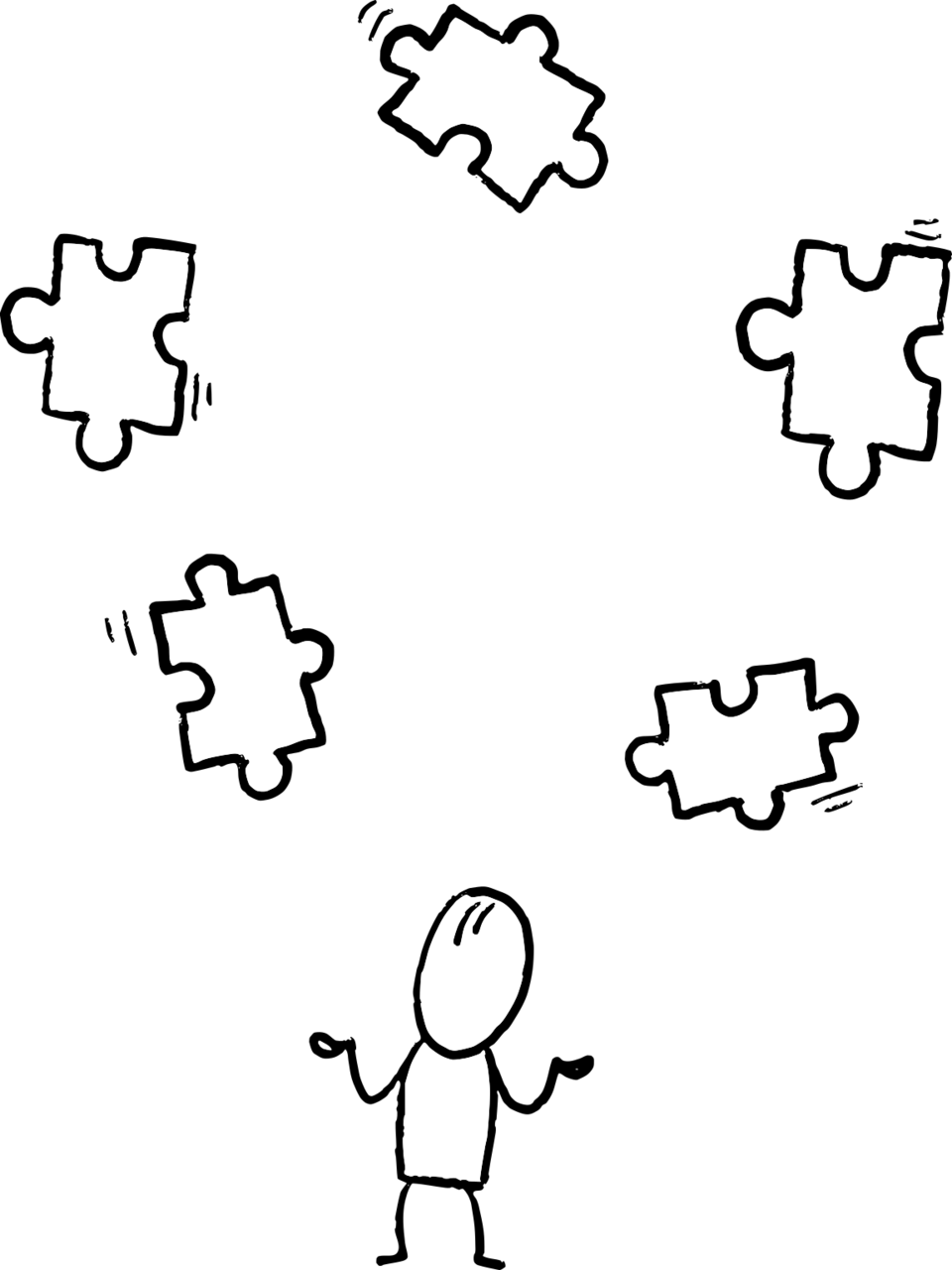Falling Into Fiction
Original Worlds, Fanfic Currents, and the Glitchfall Continuum

Maybe it’s my ADHD, or maybe it’s just the reality of our multitasking, always-on culture, but I’ve found that working on several creative projects at once is not only manageable—it’s energizing. My next release will be another speculative fiction short, “Glitchfall,” part of the slow and steady catalog I’m building to draw readers deeper into my world. The story revolves around a woman who keeps waking into shifting realities, discovering that each layer of this dream-like state responds not to logic but to her inner equilibrium, until falling becomes a path to presence. I’ll excerpt it in a post shortly.
I do have an ulterior motive with these shorts, seeing each release as additional momentum toward my 2026 novel, Dare Dealer. This book-length story is a noir-tinged cyberpunk dystopia that I have been developing on and off since at least 2012. It explores trauma, survival, and identity in a society where technology has only amplified the commodification of pain and spectacle.
After bingeing Apple TV’s Murderbot adaptation, I devoured Martha Wells’ entire series of books and stories in a matter of days. That sent me straight into writing fan fiction, something I hadn’t done in years. And honestly, I’m just as excited about posting these pseudonymous pieces as I am about indie-publishing my original work.
Fanfic has always felt like a vital part of storytelling—for both writers and readers. Years ago, I found it to be the perfect workaround for writer’s block. By stepping into a shared imaginary world, I could bypass the paralyzing weight of “proving myself” and just let words flow. Because fanfiction is typically unpaid and anonymous (because: intellectual property), it’s writing done purely for the love of it. Fandom itself becomes a kind of language, and fanfics are its dialect—inside jokes, quirky riffs, and endless “what if?” scenarios that expand a universe sideways. Reading one and recognizing your own half-formed thought reflected back can feel like a secret handshake across time and space.
As a teen reading comics in the 1980s (shout out to Chris Claremont), I loved the occasional “What If?” or alternate-universe storyline, and fanfic fits right into that lineage. Once a character becomes iconic, you can’t help but want to test them in new situations. It stretches imagination, adds whimsy, and stitches personal meaning onto the fabric of the source material.
I don’t see myself stopping fanfic writing anytime soon. In fact, it may even find a wider audience than my original work—for the simple reason that latching onto a big IP is like riding a shark as a lamprey: more reach, faster. Still, I keep circling back to the mantra from a movie I haven’t yet watched, but whose pop culture footprint remains strong, Field of Dreams: “If you build it, they will come.” May it be so.
I am still in that incipient phase where I occasionally pinch myself when I realize that I am actually, finally living my dream: writing regularly, finishing my stories, and believing in myself enough to keep at it. Part of me wishes I could say that I have been a trailblazer, but far from it. Perhaps it’s my introversion that always made it so excruciating to try to stand out, even as I felt the immense inner drive to share my writing with the world.
Teenage me vibed hard with certain comic book and sci-fi authors, yet felt like there was hardly a way forward for me. I just didn’t see people like me—neuroqueer women of color—represented as creators in those spaces. Thankfully, in this respect, we’ve come a long way.


